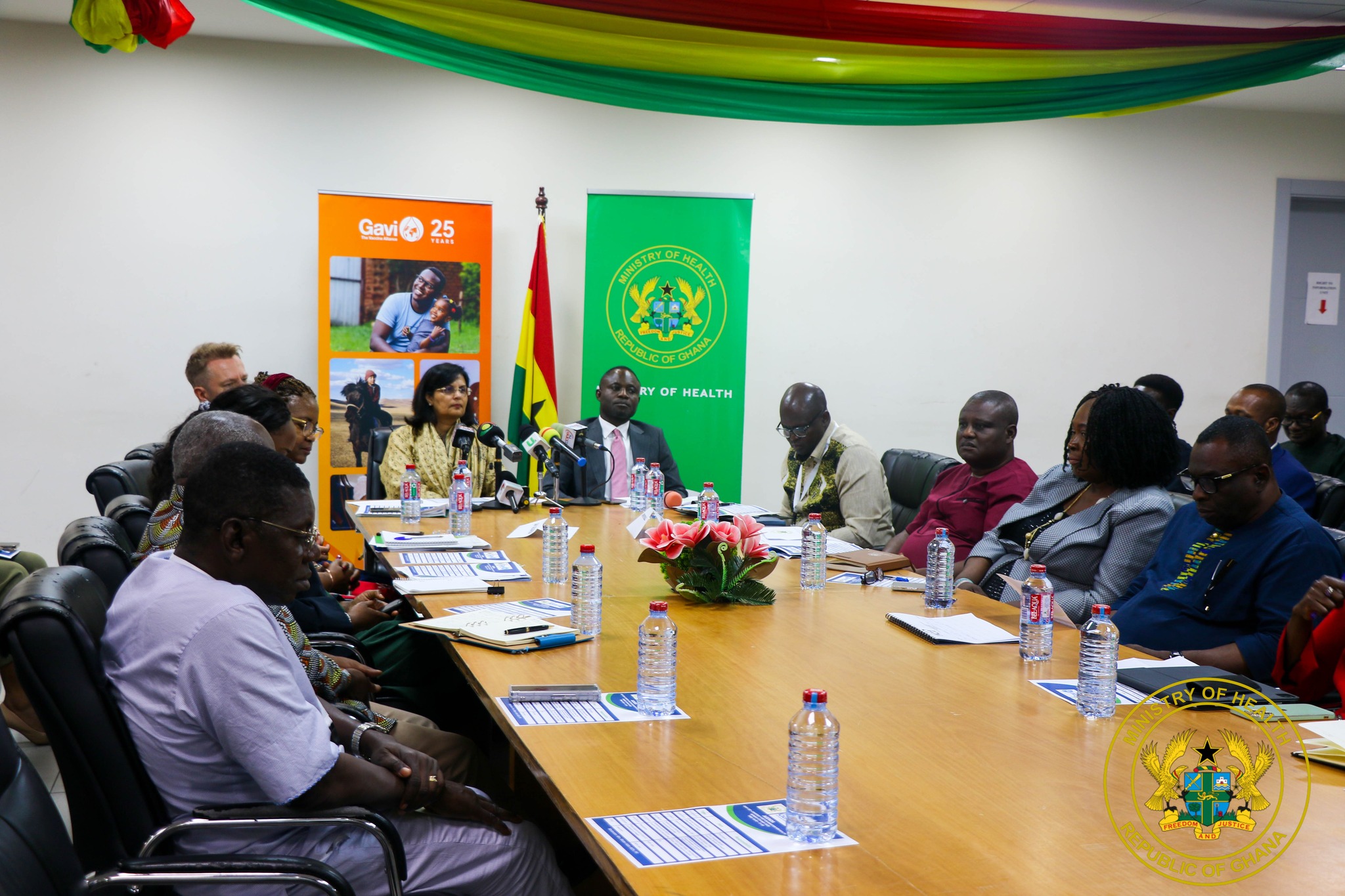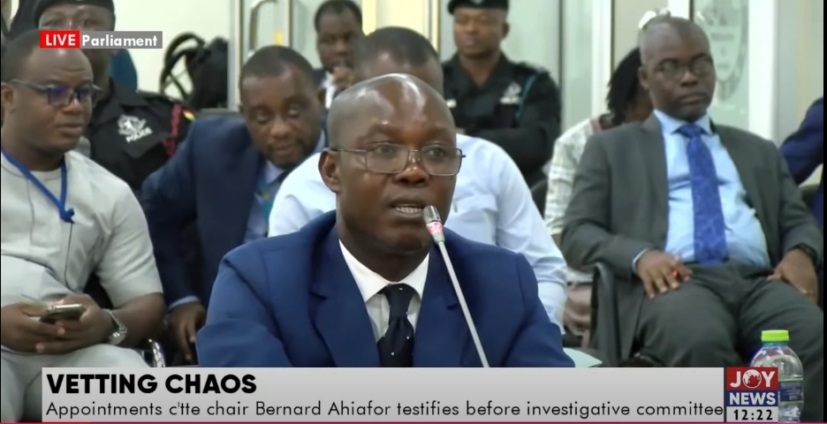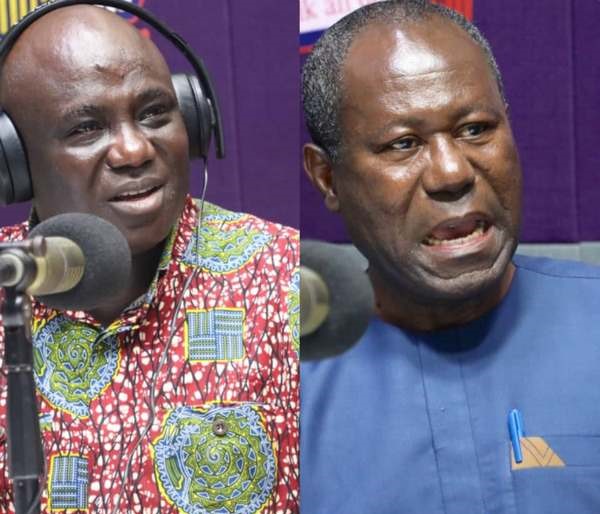Ghana is steadily advancing toward a future where it fully finances its own immunization program without donor support.
With its middle-income status triggering a transition out of Gavi, the Vaccine Alliance’s assistance, the country is preparing to independently fund vaccine procurement and delivery by 2030.
This strategic shift is about more than budgets—it’s a push for national self-reliance in public health.
Ghana officially entered Gavi’s accelerated transition phase in January 2022, initially targeting full self-financing by 2027.
However, Gavi’s updated policy framework, adopted in late 2022, extended the deadline to January 2030.
This additional time is crucial, given that Gavi previously covered around 80% of the costs for vaccines and their delivery.
Losing that support will likely increase vaccine prices and pose procurement challenges, as Ghana will no longer benefit from Gavi’s global bargaining power.
Despite its long-standing partnership with Gavi, Ghana has occasionally struggled to meet its co-financing commitments. Payment defaults occurred in 2014, 2016, and 2018, and in 2023, the country managed to contribute only 60% of its expected share for routine immunization.
These shortfalls have already resulted in vaccine stockouts and placed pressure on Ghana’s cold chain infrastructure—issues that could escalate if domestic funding remains inconsistent.
To lessen dependence on imports, Ghana is investing in local vaccine manufacturing.
A major boost came with a €32 million pledge from the European Union to support Ghana’s pharmaceutical sector, focusing on workforce development, research capacity, and regulatory systems.
On a broader scale, the African Vaccine Manufacturing Accelerator (AVMA)—a Gavi-led initiative will provide up to US$1 billion to promote vaccine manufacturing across Africa.
This aligns with the African Union’s goal to produce over 60% of Africa’s vaccine needs by 2040, with Ghana poised to play a key role.
Civil society organizations are rallying to ensure Ghana’s transition is not derailed by weak political commitment or poor public financing.
Groups like Hope for Future Generations (HFFG) and SEND GHANA are facilitating public dialogue through platforms such as the Citizens’ Policy Cafe, advocating for greater budget transparency and stronger government investment in immunization.
Ghana’s transition out of Gavi support represents a critical test of the country’s fiscal discipline and health systems resilience.
The stakes are high: ensuring uninterrupted access to vaccines for millions of children depends on timely domestic investment, improved infrastructure, and coordinated policymaking.
If successful, Ghana could emerge as a model for other transitioning countries proving that vaccine independence is not just possible, but sustainable.
By: J.W Quarm





